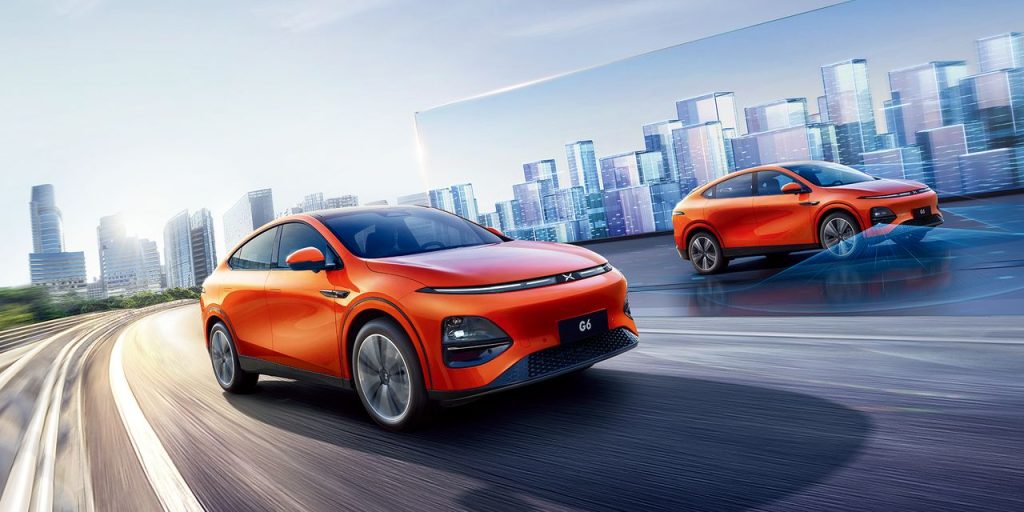Electric vehicle technologies are becoming more popular and widespread. This has led to 100+ years old traditional car manufacturers and new EV companies competing with each other. Have you ever wondered about the situation in Germany, home to some of the world’s biggest car manufacturers? It seems that in July, 1 out of every 4 cars sold in Germany was an electric vehicle. Here are the details…
The Electric Revolution Continues in Germany, as EV Market Share Surpasses 25%
Electric vehicle technology is getting more popular worldwide. According to 2022 data, the global market share for electric vehicles rose to 14% from 8.3% in 2021. China led with a 27% market share, followed by Europe with 20.8% and the United States with 7.2%. So, what’s the situation in Germany, which makes the most cars in Europe?

1 in every 4 cars sold in Germany was an electric vehicle. That’s a little more than last year. The interesting part? More people are choosing battery-only EVs over the plugin hybrids. The Volkswagen ID.4/5 was the best-selling BEV in Germany in July, with 5,029 units sold. The Tesla Model Y was in second place with 3,781 units sold, followed by the Fiat 500 with 3,546 units sold.
The BMW i5 made its market debut in Germany in July, with 252 units sold. The i5 is a luxury electric sedan that starts at €70,000. In the overall market, Volkswagen Group retained its lead, with a market share of 28.9%. Stellantis was in second place with a market share of 13.6%, followed by Tesla with a market share of 12.0%.
Toyota group lost market share in July, falling to 0.6% from 0.9% in the same month last year. This is likely due to the company’s focus on hydrogen fuel cell vehicles, which have not yet gained traction in the German market.
The strong growth of the German electric vehicle market is being driven by a number of factors, including government incentives, increasing consumer demand, and the availability of more models to choose from. The German government offers a number of incentives for electric vehicle buyers, including a purchase subsidy of up to €9,000 and a reduced purchase tax rate.
Consumer demand for electric vehicles is also increasing, as more and more people become aware of the environmental benefits of EVs.
RELATED:
- OPPO Reno10 vs OPPO K11: Specs Comparison
- BYD SongL to Hit Market in Q4: Spy Shots Reveal Attractive Design and Some Features
- Nio’s Firefly Brand to Challenge BYD and Xpeng in Affordable Electric Vehicle Market
- India Rejects BYD’s $1 Billion Electric Vehicle Factory Proposal
- Tesla is Introducing Solar Charging for its Vehicles to Reduce Electric Bills
(via)







